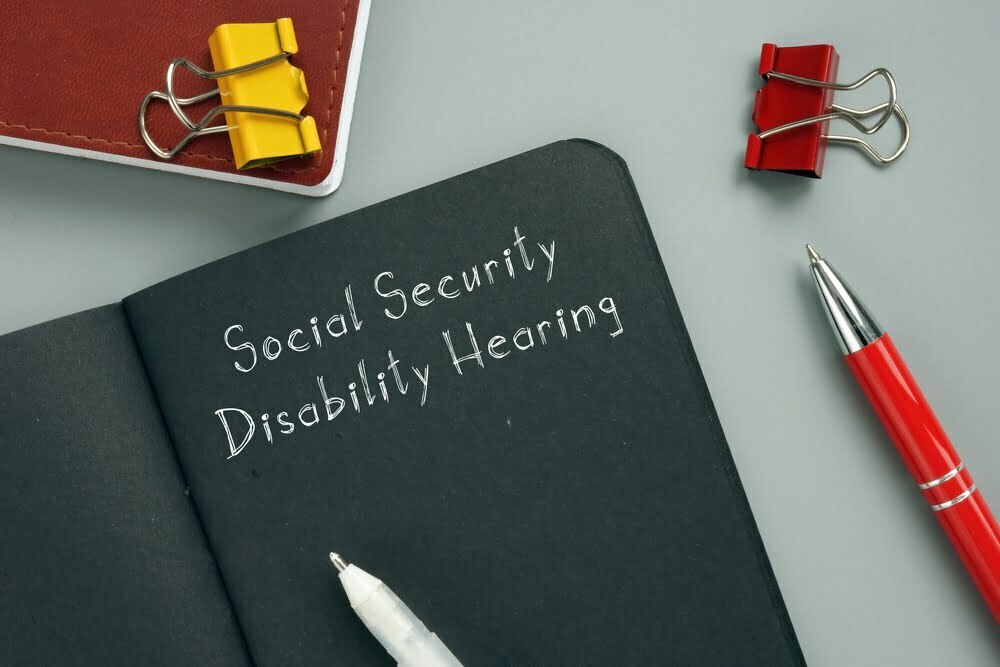The validity of the no-match rule as a means to catch illegal immigrants continues to be litigated in the California northern district (San Francisco) federal court. As background, beginning in 1994, the Social Security Administration (“SSA” ) started ending out “no match” letters to employers and/or employees when they found a discrepancy between a Social Security number (“SSN”) and W-2, including typographical errors, unreported name changes, inaccurate or incomplete employer records or misuse of a SSN. The SSA used to send out three types of letters regarding no matches: (1) a letter to an employee’s home; (2) a letter to an employer when the SSA did not have the employee’s correct address; or (3) a letter to an employer about multiple employees when at least 10 employees during the year or one-half of one-percent of the employer’s workforce, were the subject of a no-match.
In August 2007, the Department of Homeland Security issued a rule which indicated that U.S. Customs and Immigration Enforcement (“ICE”) could use the receipt of a no-match letter as evidence that the employer had “constructive knowledge” that the employee who was the subject of the letter was not authorized to work. The 2007 rule included “safe harbor” provisions that the employer needed to follow in order to avoid penalties and fines under the Immigration and Nationality Act.
Multiple plaintiffs sued the Department of Homeland Security against implementing this rule and in October 2007, the Court issued an injunction against implementation. In March 2008, the Department of Homeland Security issued a supplemental rule which did not make substantive changes from the 2007 rule. The preliminary injunction remained and continues to remain in effect.
As a result of the litigation, the SSA stopped sending out no match letters to employers and now only sends them to employees.
The no-match rule is quite controversial. The Department of Homeland Security sees the no-match rule as another tool to aid them in enforcement. Employers will not risk the civil and monetary penalties for keeping employees on the payroll when they are notified that their employees’ SSNs do not match. On the other side, as advocates know and as people who have had problems dealing with the SSA know, the SSA’s records are inaccurate. The SSA’s data base is not an immigration data base. The SSA relies on the the Social Security number holder to report changes and then of course, they do not always make the changes and corrections.
A report issued by Social Security’s Office of Inspector General in the fall of 2008 illustrates these points well. Social Security’s Inspector General decided to look at disclaimed wages from the top ten employers in the United States as reported to them by 2006 for the year of 2004. (Disclaimed wages are wages reported by an employee as not having been earned by that particular employee.) Close examination of the third largest employer revealed the following:
- 1011 wage discrepancies related to 995 number holders;
- about 96 percent of the number holders were U.S. Citizens;
- as of August 2007, 31 of the 995 number holders were recorded as deceased in Social Security records;
- and about 14 percent (138) of the number holders were receiving Social Security benefits in 2007.
If the no-match rules goes forward, many people will be receiving no-match letters based on inaccurate Social Security data. I find it interesting that 96 percent of the people with the discrepancies were American citizens. Perhaps when American citizens start receiving no-match letters, there will be more concern about the government’s immigration enforcement programs.
There may be a decision on the injunction soon. Briefs for and against a motion to vacate the injunction are due by the end of February. The Court may set a hearing after that.
One question that does not seem to be being asked is, “Why is the Social Security Administration being turned into a law enforcement agency?” In my opinion, it is not their mission to be one and they do not have the resources to be one.





